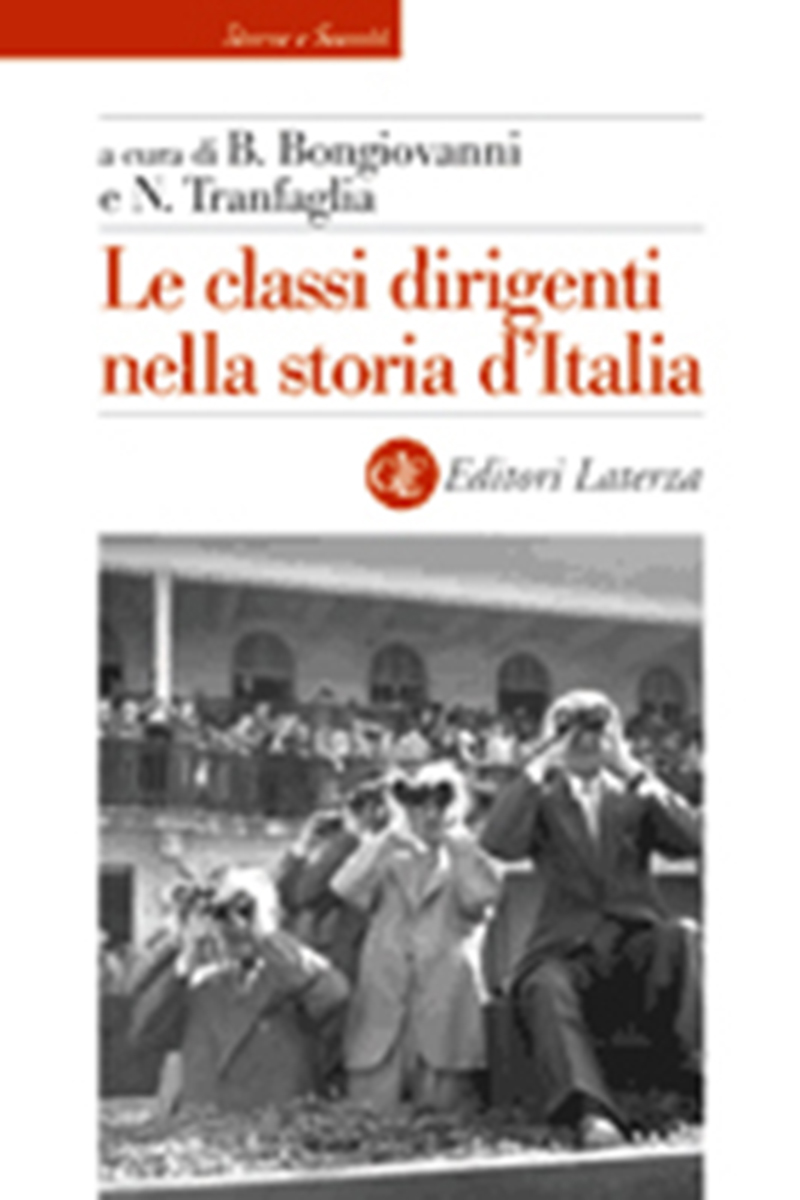
Edition: 2006
Pages: 380
Series: SS
ISBN: 9788842078555
Pages: 380
Series: SS
ISBN: 9788842078555
The Ruling Classes in the History of Italy
Italian history is closely bound to the role played by the ruling classes that have governed it. To explore that role is doubly urgent today, since these same classes have proved incapable of ending a transition that has been in the making for some fifteen years, and which risks triggering a full-blown decline. The result of collaboration by scholars from varying backgrounds and specialisations, this book is not so much concerned with the 'philosophies' underlying the action of the ruling classes in Italian history as with the concrete issues that they have not wished to, or have been unable to, resolve. Questions that remain today on the political agenda: the sluggishness of the legal system, the problems of backwardness, the gap between the economic and civil growth of the country, the tangled issue of schools, the differences between the North and South, bureaucratic inefficiency. The list could go on - taxes, public health, social security, the welfare jungle, legal delays, the lack of transparency. It is this awareness of the current crisis together with reflections on the past still capable of influencing Italy's development today, that have motivated the authors to re-examine the long period that leads from Unification to the present day. The major events of Italian history and the personalities that have most influenced it combine to form an account of the country observed from a crucial but as yet neglected perspective.










